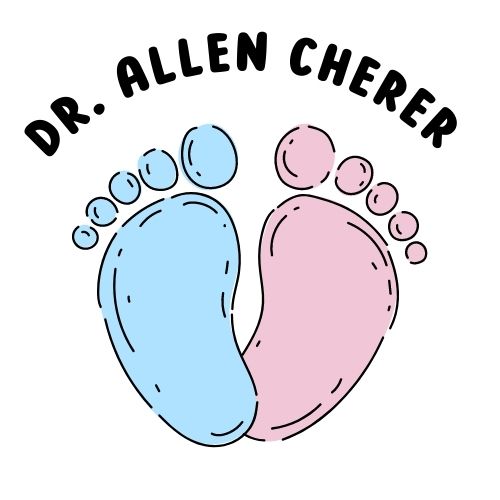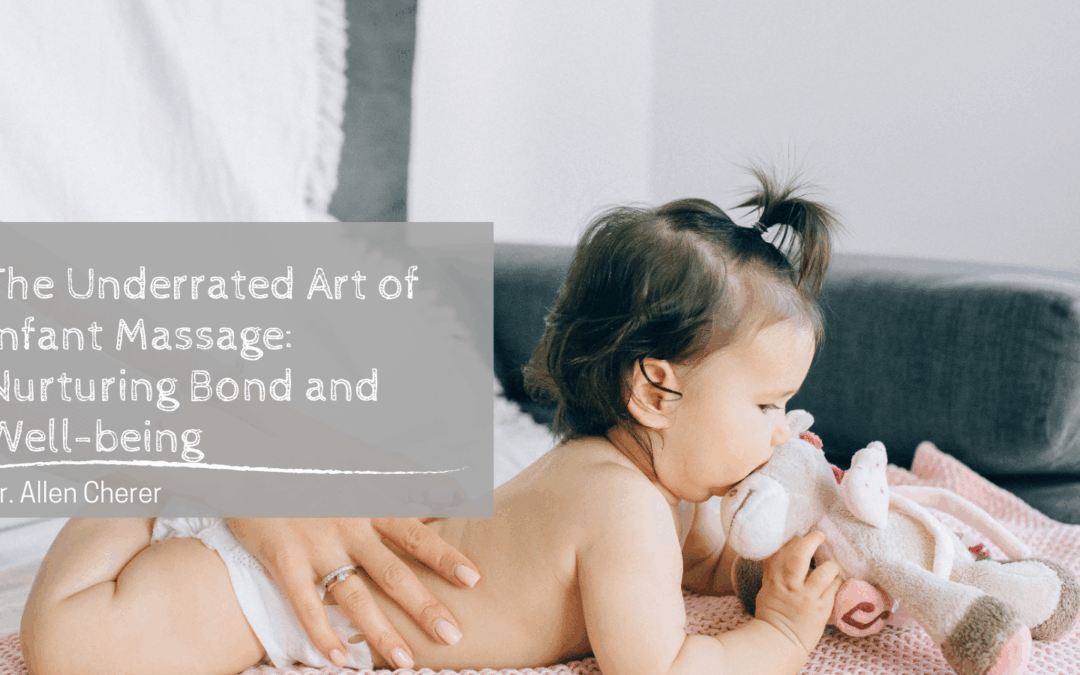When people think of newborn care, they often picture feeding schedules, diaper changes, or sleep routines. Yet one of the most quietly powerful practices—rarely discussed outside parenting circles—is infant massage. This simple, hands-on ritual not only soothes babies but also strengthens bonds, supports healthy development, and fosters confidence in new parents.
What Is Infant Massage?
Infant massage is the gentle, rhythmic stroking of a baby’s body with your hands, often combined with soft talking or singing. It can be done with or without natural oils, and it doesn’t require special equipment. In fact, all that’s needed is a calm environment and a few intentional minutes of connection.
Though rooted in ancient traditions across many cultures, infant massage has gained more attention in modern parenting due to growing evidence of its benefits.
Benefits for Baby
-
Improved Sleep: Gentle massage stimulates the production of serotonin and melatonin, helping babies relax and sleep more soundly. For parents navigating unpredictable sleep cycles, this can be a game-changer.
-
Relief from Gas and Colic: Tummy massages and leg “bicycling” motions can help move trapped gas through the digestive system, offering comfort to babies struggling with colic or fussiness.
-
Enhanced Growth and Development: Touch has been shown to stimulate the nervous system and support weight gain in premature infants. Massage also encourages body awareness as babies learn to process sensations.
-
Calm and Comfort: The repetitive, soothing strokes reduce stress hormones in infants, making them feel safe and secure in their environment.
Benefits for Parents
Infant massage isn’t just for babies—it’s equally enriching for parents. Many new parents experience feelings of uncertainty, even disconnection, in those early months. Massage provides a structured, nurturing way to interact, helping parents build confidence in reading their baby’s cues.
It also creates a routine of calm that parents can lean on, especially during stressful times. For fathers or non-birthing parents, massage is a wonderful way to build closeness and share caregiving responsibilities.
When and How to Start
Most parents can begin gentle massage within the first weeks of life, but it’s important to follow the baby’s lead. If the baby is hungry, fussy, or overstimulated, it may not be the right moment. The best times are often after a bath or before bedtime when the environment is quiet and cozy.
Key tips:
-
Use natural, unscented oils if you choose to add lubrication.
-
Keep strokes slow and gentle, watching for signs of comfort or discomfort.
-
Focus on the legs and arms first; some babies may take longer to enjoy tummy or back massage.
-
Always maintain eye contact and talk softly—it’s as much about emotional connection as it is about touch.
A Niche That Deserves Attention
In the vast landscape of newborn care, infant massage is often overshadowed by more urgent concerns. Yet it represents a unique intersection of physical health, emotional bonding, and parental well-being. It doesn’t require fancy gear or strict schedules—just time, touch, and intention.
For parents seeking a way to nurture both themselves and their baby, infant massage is a gentle, powerful practice worth embracing.

